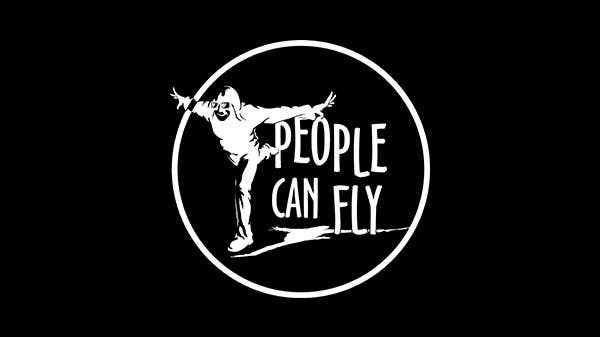People Can Fly ends publishing agreement with Take-Two
Studio's upcoming Project Dagger may be self-published, working with another publisher not ruled out
Take-Two Interactive and People Can Fly have terminated a development and publishing agreement pertaining to the latter's ongoing Project Dagger.
Project Dagger is a new action-adventure IP that has been in development for the last two years, led by People Can Fly's New York team.
People Can Fly has retained the intellectual property rights to Project Dagger, and Take-Two has not declared an intent to acquire them. As such, the studio can continue development on the project as it sees fit.
Advances paid to the studio will be repaid "depending on the model in which the game will be commercialised," whether it be self-published or released in collaboration with another third party or publisher.
In a statement, People Can Fly CEO Sebastian Wojciechowski said that self-publishing is "part of our strategy," but added that the studio is not "ruling out working with a new publisher."
"I assume we will part on good terms, and I don’t see reasons why we couldn’t work with Take-Two on some other project in the future," Wojciechowski said. "We strongly believe in the Project Dagger’s potential and are now committed to continue its development within our self-publishing pipeline."
People Can Fly has six other projects currently in the works alongside Project Dagger. This includes Gemini, which will be published by Square Enix, and Projects Bifrost and Victoria which the studio will self-publish. It also has two VR projects on the go, and another game still in its concept phases.
Last April, the studio released Outriders with Square Enix, but later revealed that the shooter failed to break even in its first quarter, and struggled to turn a profit during its first year. A June release on Xbox Game Pass provided a boost in both player numbers and sales for the title.
Last September, the company announced a restructure that saw it branch out into AA games, with aims to release at least one game per year starting in 2024.

